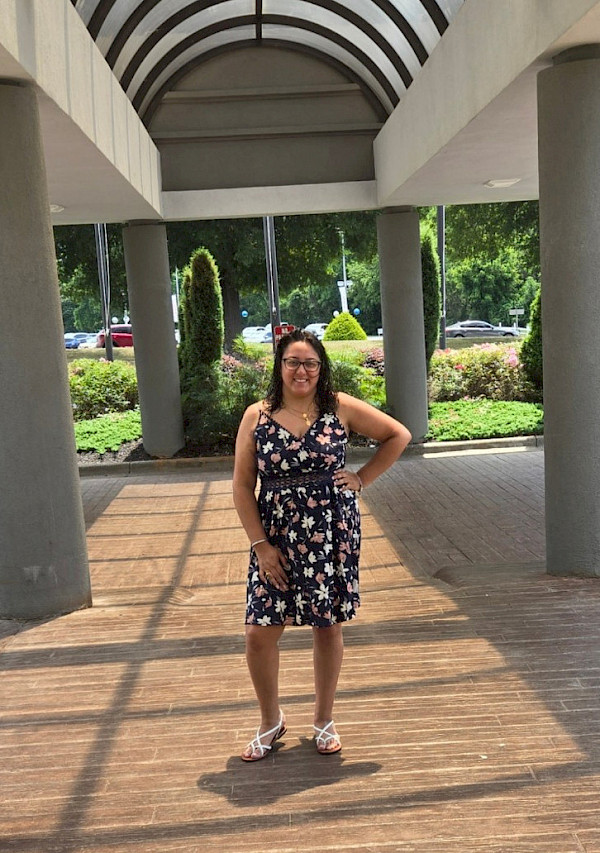
HARTFORD (September 23, 2024) – September is National Alcohol and Drug Addiction Recovery Month and iCare Health Network is recognizing the work of its staff in caring for residents with substance use disorder.
iCare Health Network utilizes a multi-disciplinary team made up of Recovery Coordinators, Social Workers, Nursing staff and partners with community providers and other resources to offer services and supports such as Recovery Coaches, APRNs, physicians, Physician Consultants and more.
While receiving a skilled nursing level of care, residents have the opportunity to receive wrap-around services from partners, individual and group counseling services and continue Medication Assisted Therapy such as Methadone and Suboxone in a seamless way.
Today we highlight Dilpreet Sehmbi, Chelsea Place Care Center’s Recovery Program Coordinator. What follows is Dilpreet’s reflections on the impact of recovery programs on resident’s lives:
You have witness many resident’s journey of recovery in your time here. What have you experienced?
Recently, there was a resident who admitted to Chelsea Place and used the structure to help himself get better and keep his sobriety. The resident had a goal of being present in his kid’s lives, especially his one year old. The resident kept going to meetings, and individual and group therapy and did everything that was required of him. He was helped by Money Follows the Person to get his own apartment and later was discharged facility an has been doing really good since then. The resident stayed away from crowds, made sure he wasn’t involved in any drama, and just focused on him.
How do you build trust and rapport with individuals in recovery?
One thing that I have learned about building trust is using your own experiences as teaching moments to let the residents know they are not in it alone. I try to be open with conversation and the biggest is not to lie to them. Many of these individuals don’t have family, friends, or a good support system and they are just looking for someone to trust and guide them along the way.
How do you empower and encourage individuals on their recovery journey?
I try to tell residents whatever motivation they had when they first started their journey they should keep that motivation for the rest of their journey.
Describe a challenging case you encountered and how you helped the individual overcome it.
Many individuals scared about what happens after discharge. I tell my residents before discharge happens, to find out what their triggers are and how they can avoid them. Once they get a start to this, once discharge comes, they can navigate through their triggers to stay strong.
What motivates you to continue working in the field of recovery?
I feel the different stories residents come in with keep me motivated to help them. Working in the recovery program has made aware of things that I wouldn’t have known about. All the struggles that the residents go through help me understand the bigger picture and I can use what I have learned with others.
What role does the support system play in recovery, and how do you involve them?
Having support plays a huge role in recovery, the more people someone feels they have on their side, the better outcome they will have.
What is your vision for the future of recovery programs and addiction treatment?
The more resources such as recovery groups or even using outside agency’s to help with discharge such as housing would make a huge impact on residents coming in that are homeless. Having groups, recreation ideas, especially after hours would help keep structure and keep residents busy.

